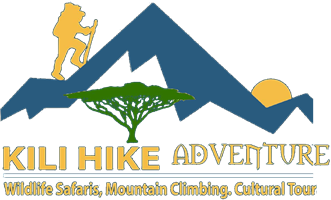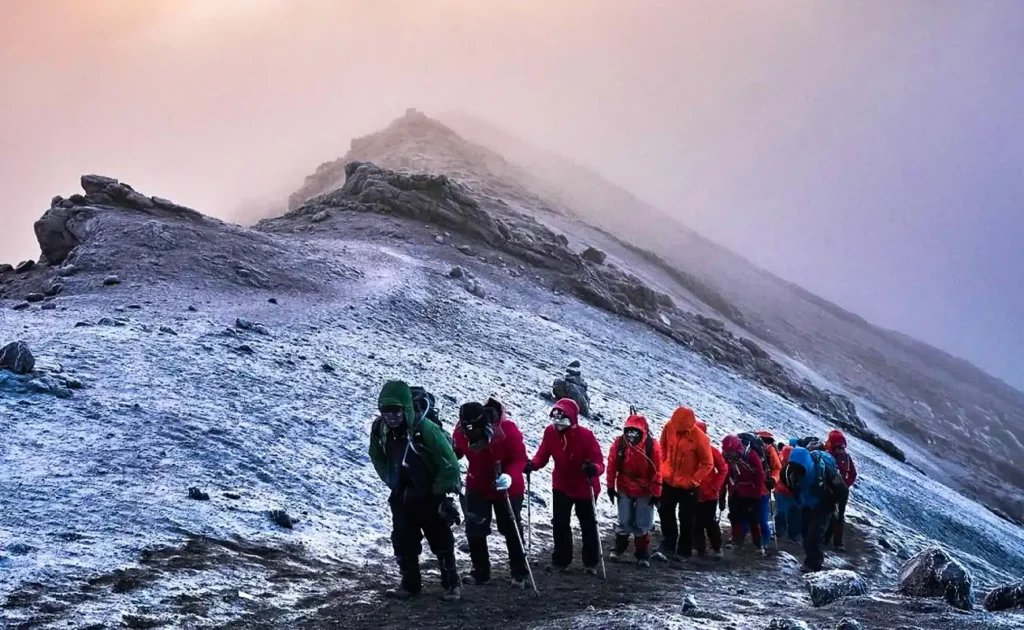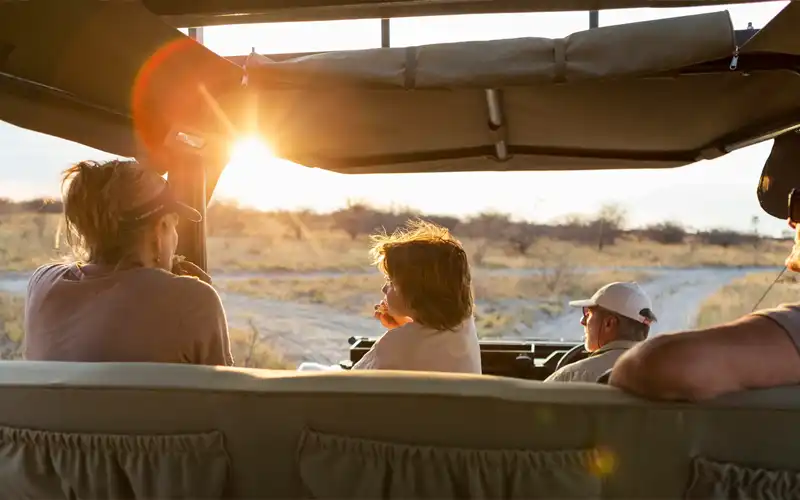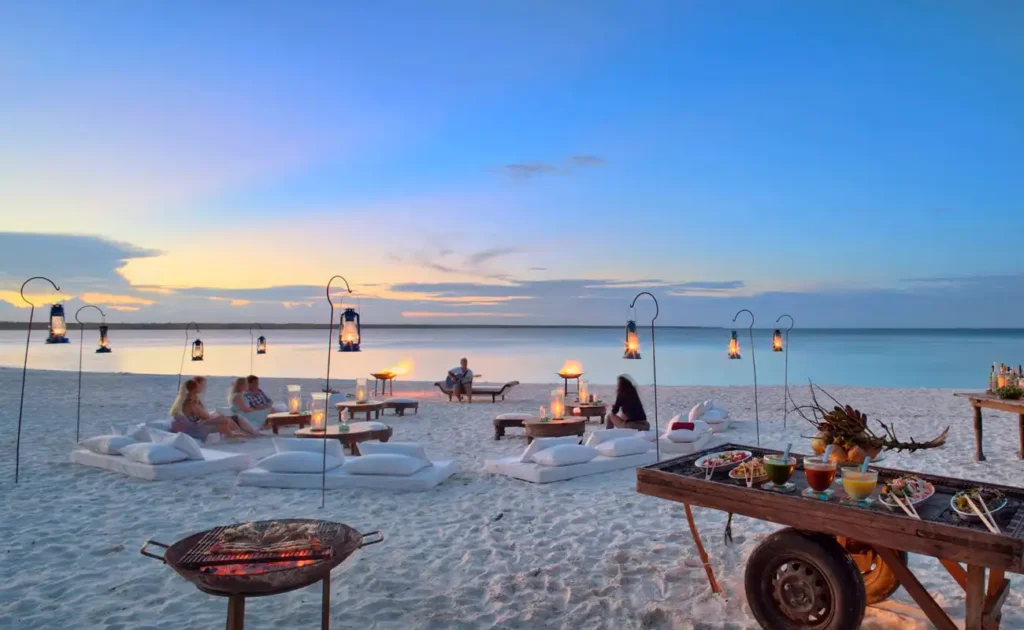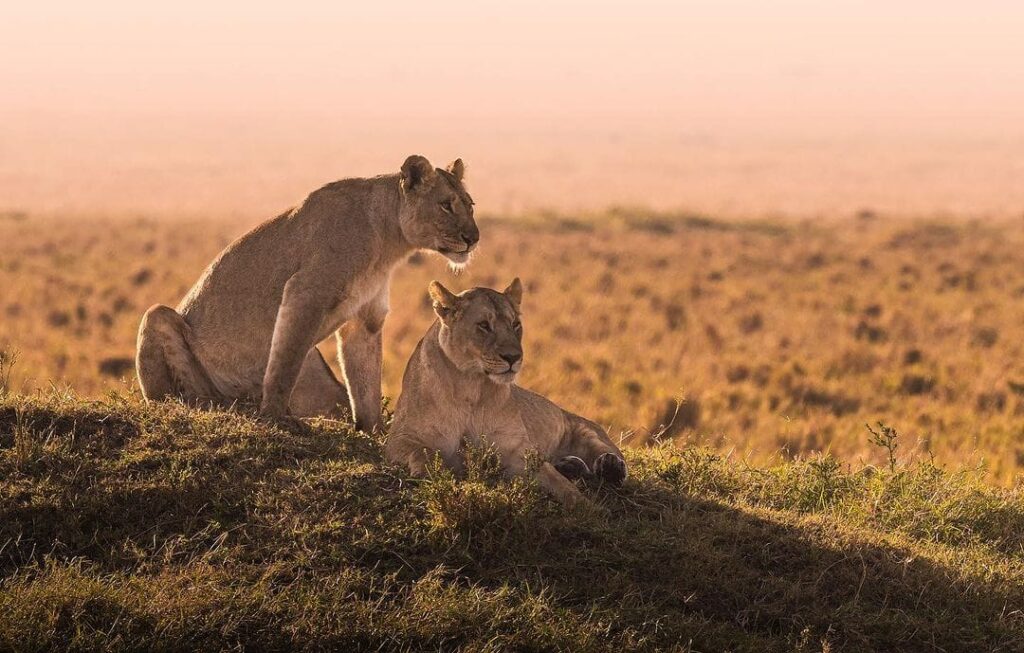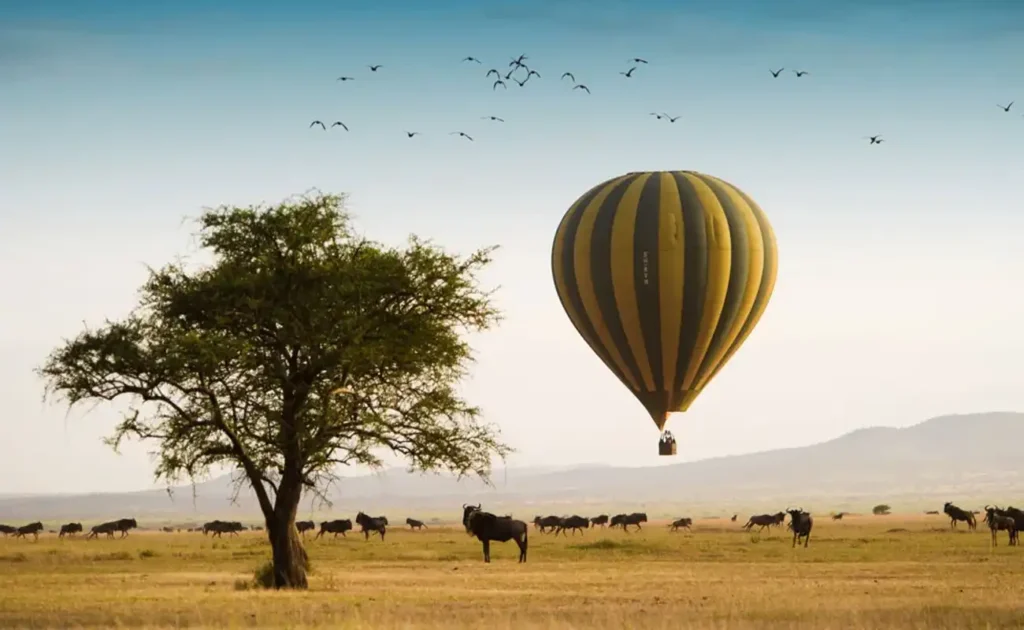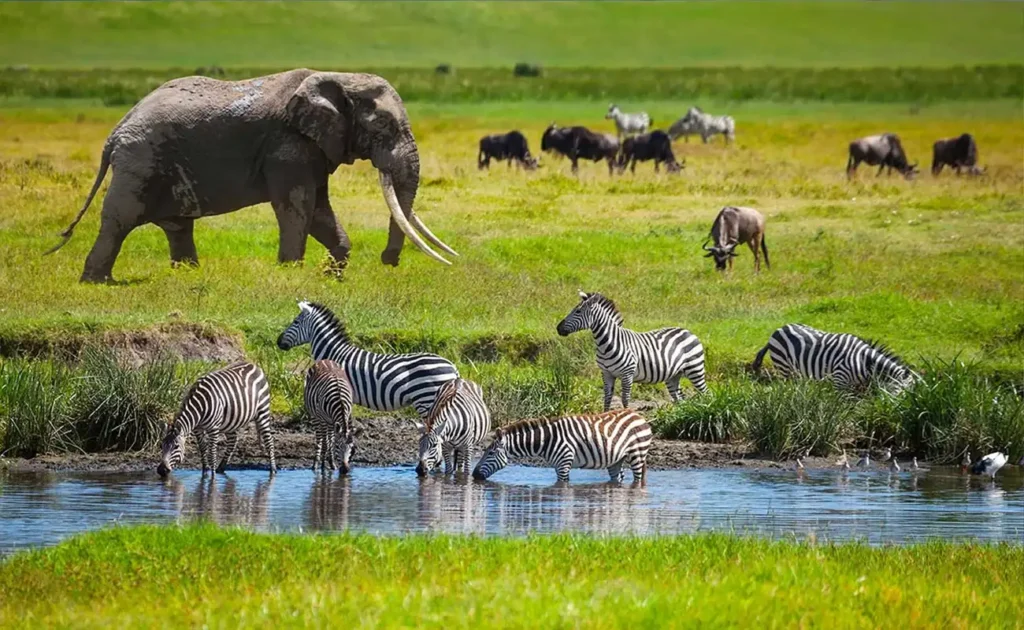Frequently Asked Questions About Tanzania Safaris
1. When is the Best Time to Go on a Safari in Tanzania?
The best time for a Tanzania safari is during the dry season from June to October. This period is ideal for spotting wildlife as animals gather around water sources and the bush is less dense. However, if you’re interested in the Great Migration, the best times are:
- June – July: Northward migration
- August – September: River crossings in the northern Serengeti
- October – November: Southward migration
| Month |
Best For |
| June – October |
Dry season, great for safaris, especially in the Serengeti |
| November – March |
The short rainy season, great for birdwatching, and fewer crowds |
| April – May |
Long rainy season, fewer tourists, lush landscapes |
2. What Should I Pack for a Tanzania Safari?
Packing wisely ensures a comfortable and safe safari. Here’s a list of essentials:
| Category |
Items |
| Clothing |
Lightweight clothing, layers, neutral colors, wide-brim hat, warm jacket for evenings |
| Footwear |
Sturdy hiking boots for walking safaris, sandals for relaxation |
| Accessories |
Binoculars, camera, sunglasses, sunscreen, insect repellent |
| Health Items |
Personal medication, basic first aid kit, travel insurance |
| Documents |
Passport, visa, vaccination certificates, travel insurance |
3. What Wildlife Can I Expect to See in Tanzania?
Tanzania is home to a vast array of wildlife, including the Big Five: lions, elephants, buffalo, leopards, and rhinos. Other animals you can expect to see include:
| Animal |
Where to See |
| Lions |
Serengeti, Ngorongoro Crater |
| Elephants |
Tarangire National Park, Serengeti |
| Leopards |
Serengeti, Ruaha National Park |
| Rhinos |
Ngorongoro Crater |
| Wildebeest Migration |
Serengeti (June-September for river crossings) |
| Giraffes |
Most major parks, including Serengeti and Lake Manyara |
4. How Much Does a Safari Cost in Tanzania?
The cost of a safari depends on various factors like accommodation, duration, and activities. Here’s a general breakdown:
| Safari Type |
Cost Per Day (USD) |
| Budget Safari |
$150 – $300 |
| Mid-range Safari |
$350 – $600 |
| Luxury Safari |
$700 – $1,200+ |
Additional costs to consider include park fees, flights, and tipping for guides and staff.
5. Do I Need a Visa to Visit Tanzania?
Yes, most travelers need a visa to enter Tanzania. You can apply for a tourist visa on arrival at the airport or through the Tanzanian Embassy in your country. Some nationalities are eligible for an e-visa, which can be applied for online before your trip.
| Visa Type |
Cost (USD) |
| Single-entry Tourist Visa |
$50 (except for US citizens, who pay $100) |
| Multiple-entry Visa |
$100 |
6. Is Tanzania Safe for Tourists?
Tanzania is generally considered safe for tourists, especially within national parks and well-known safari areas. However, it’s important to:
- Follow your guide’s advice during game drives and walking safaris.
- Avoid walking alone at night in urban areas.
- Stay updated on travel advisories from your country.
7. Do I Need Vaccinations for a Tanzania Safari?
Some vaccinations are recommended or required for travel to Tanzania. These include:
- Yellow Fever: Required if you’re coming from a country with yellow fever transmission.
- Hepatitis A & B
- Typhoid
- Malaria Prophylaxis: Tanzania is a malaria-risk area, so consult your doctor about taking anti-malarial medication.
8. What is the Best Way to Book a Safari in Tanzania?
The easiest way to book a safari is through a reputable safari operator. They will arrange your accommodation, transportation, park fees, and guided tours. Here are the steps:
- Research safari companies and read reviews.
- Choose your safari type (budget, mid-range, luxury).
- Customize your itinerary with the operator to fit your interests (e.g., Big Five safaris, birdwatching, cultural tours).
- Confirm booking details including payment terms, inclusions, and exclusions.
9. What Should I Expect in Terms of Accommodation?
Tanzania offers a range of accommodation options to suit different budgets and preferences, from basic campsites to luxurious lodges.
| Accommodation Type |
Description |
| Camping |
Budget-friendly, close to nature; shared facilities |
| Tented Camps |
Canvas tents with basic or luxury amenities, private bathrooms |
| Lodges |
Mid-range to luxury options with full-service amenities, often inside or near parks |
| Boutique Hotels |
High-end accommodation with exclusive services |
10. Can I Combine My Safari with Other Experiences in Tanzania?
Yes, many travelers combine safaris with other experiences such as:
- Climbing Mount Kilimanjaro: Before or after your safari, add a Kilimanjaro trek.
- Beach Holidays in Zanzibar: After a thrilling safari, relax on Zanzibar’s pristine beaches.
- Cultural Tours: Visit Maasai villages or the historic town of Stone Town in Zanzibar.
Tanzania offers one of the best safari experiences in Africa, with an abundance of wildlife, diverse landscapes, and unique cultural experiences. Whether you’re visiting for the first time or returning for another adventure, this FAQ guide provides essential information to make your safari safe, enjoyable, and unforgettable.
Ready to plan your safari? Contact us for customized packages that fit your needs!
